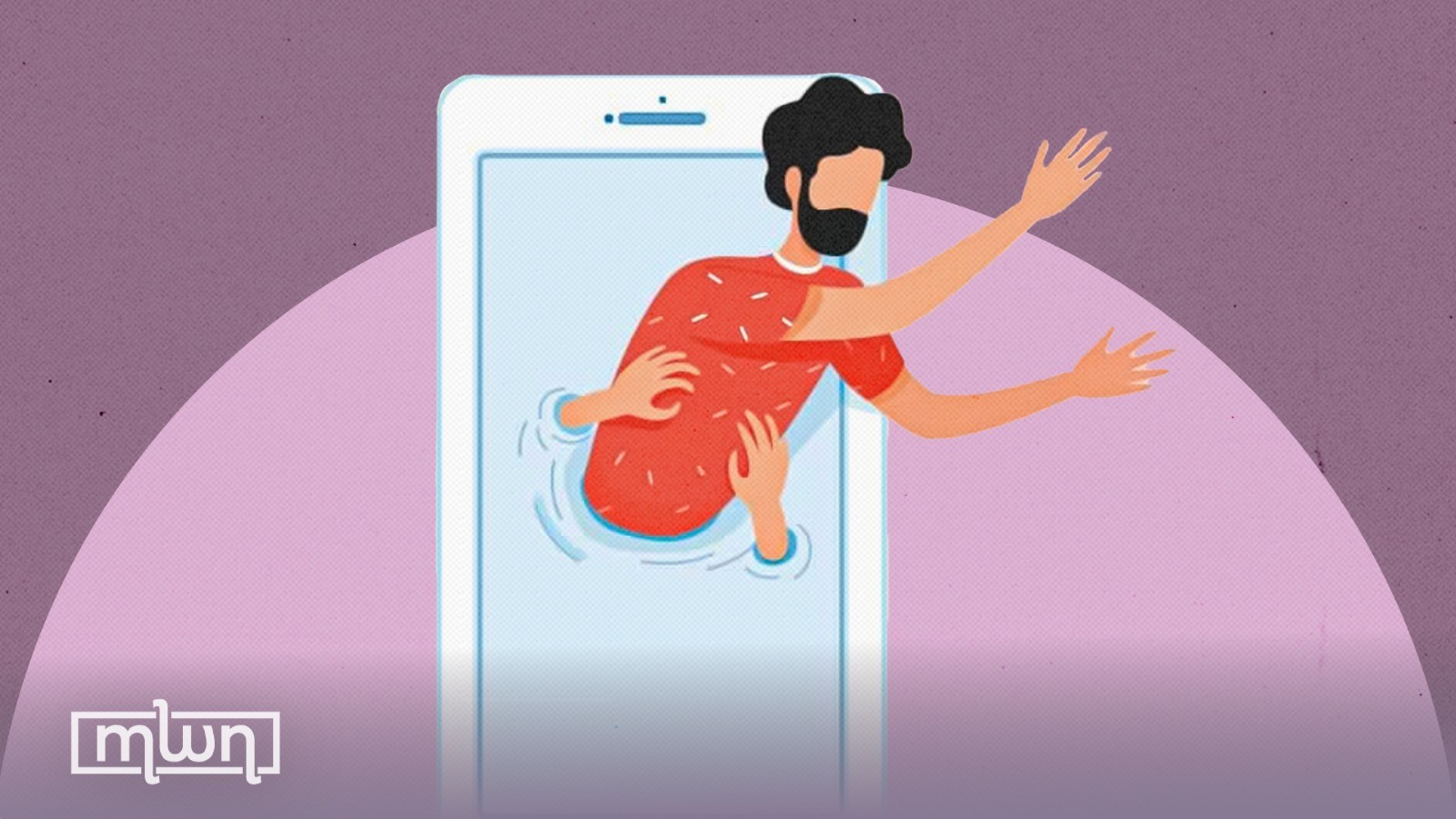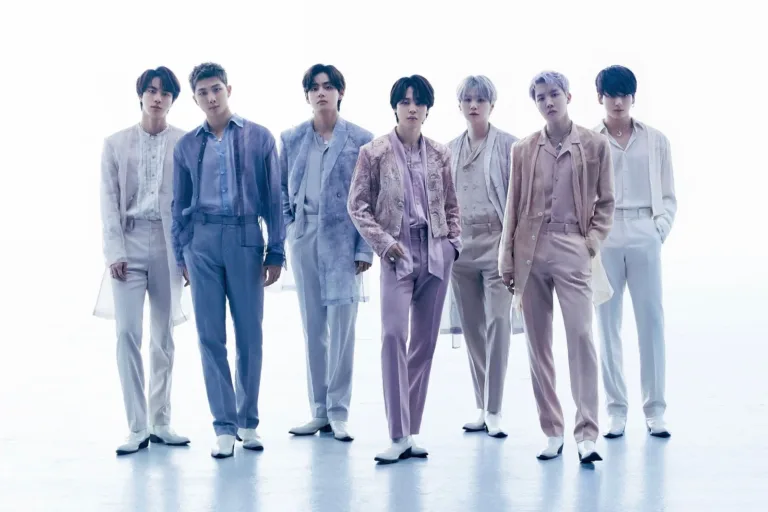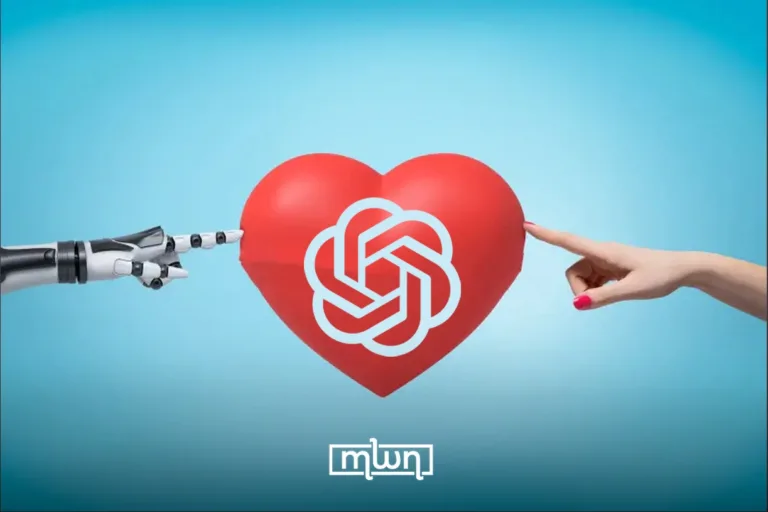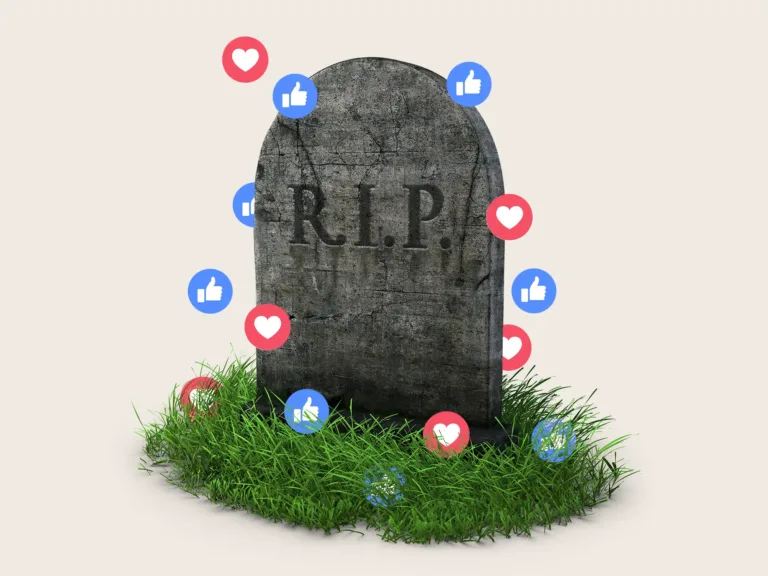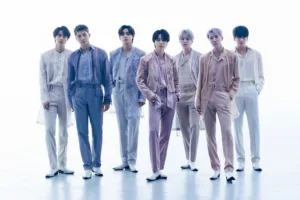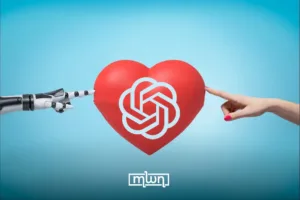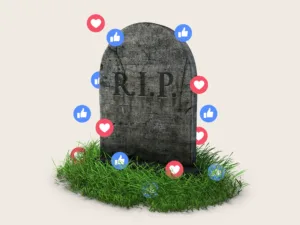Marrakech – In the whirlwind of our tech-centric world, it’s easy to overlook how deeply we’ve intertwined ourselves with the digital realm.
From the moment we wake, reaching for our smartphones like extensions of our limbs, to the late-night scrolls through social feeds, our lives have become a dance with technology. But when does this dance turn into a dependency, a craving we can’t satiate?
Picture this: you’re sitting at your favorite cafe, sipping on a latte, fingers tapping away at your laptop keyboard.
Yet, your gaze keeps drifting to the smartphone resting beside it, beckoning you with notifications like a persistent lover vying for attention.
It’s not just about staying connected anymore; it’s about feeling a sense of completeness, a validation that comes with each like, share, or comment.
But beneath the surface lies a tangled web of consequences. We’ve become so enmeshed in the digital world that we often neglect the tangible one right in front of us.
Relationships suffer as conversations become fragmented by the constant ping of notifications. Attention spans dwindle in the face of endless scrolling, leaving us craving constant stimulation like addicts searching for their next fix.
And yet, despite the pitfalls, we find ourselves unable to break free. Like moths to a flame, we’re drawn to the allure of technology, seduced by its promises of convenience and connection.
We turn to our devices for solace in moments of boredom, anxiety, or loneliness, seeking refuge in the digital embrace that never judges or rejects.
But perhaps the most insidious aspect of our tech addiction is its subtlety.
It’s not like traditional vices that announce themselves with a cloud of smoke or the clink of glasses; rather, it’s a silent companion that creeps into every aspect of our lives.
We don’t realize we’re addicted until it’s too late, until we find ourselves unable to function without our devices by our side.
Research conducted at the University of Pittsburgh revealed a higher prevalence of depression and anxiety among young adults who actively participate in multiple social media platforms compared to those who limit their engagement to just two platforms.
On an article posted on Washington Post, Jean Twenge, an author and psychologist, observed a deceleration in the psychological development of adolescents, alongside an increase in depression, anxiety, and loneliness. She attributes these trends to excessive engagement with technology.
The habit of multitasking, which technology often promotes, consistently correlates with negative cognitive and mental health outcomes.
Additionally, the University of Pennsylvania recently released experimental findings linking reduced well-being to the use of Facebook, Snapchat, and Instagram among young adults.
It’s evident that our use of technology significantly impacts our psychological well-being.
So, what’s the solution?
Do we go cold turkey, unplugging ourselves from the digital matrix in a desperate bid for freedom? Or do we learn to navigate this brave new world with mindfulness and moderation, recognizing that technology, like any tool, is only as harmful as we allow it to be?
As we ponder these questions, one thing becomes clear: our relationship with technology is a reflection of our humanity, with all its flaws and complexities.
Like any love affair, it’s not always easy, but it’s a journey worth undertaking. So let’s embrace the digital age with open eyes and open hearts, mindful of the pitfalls but also appreciative of the countless ways technology enriches our lives.

